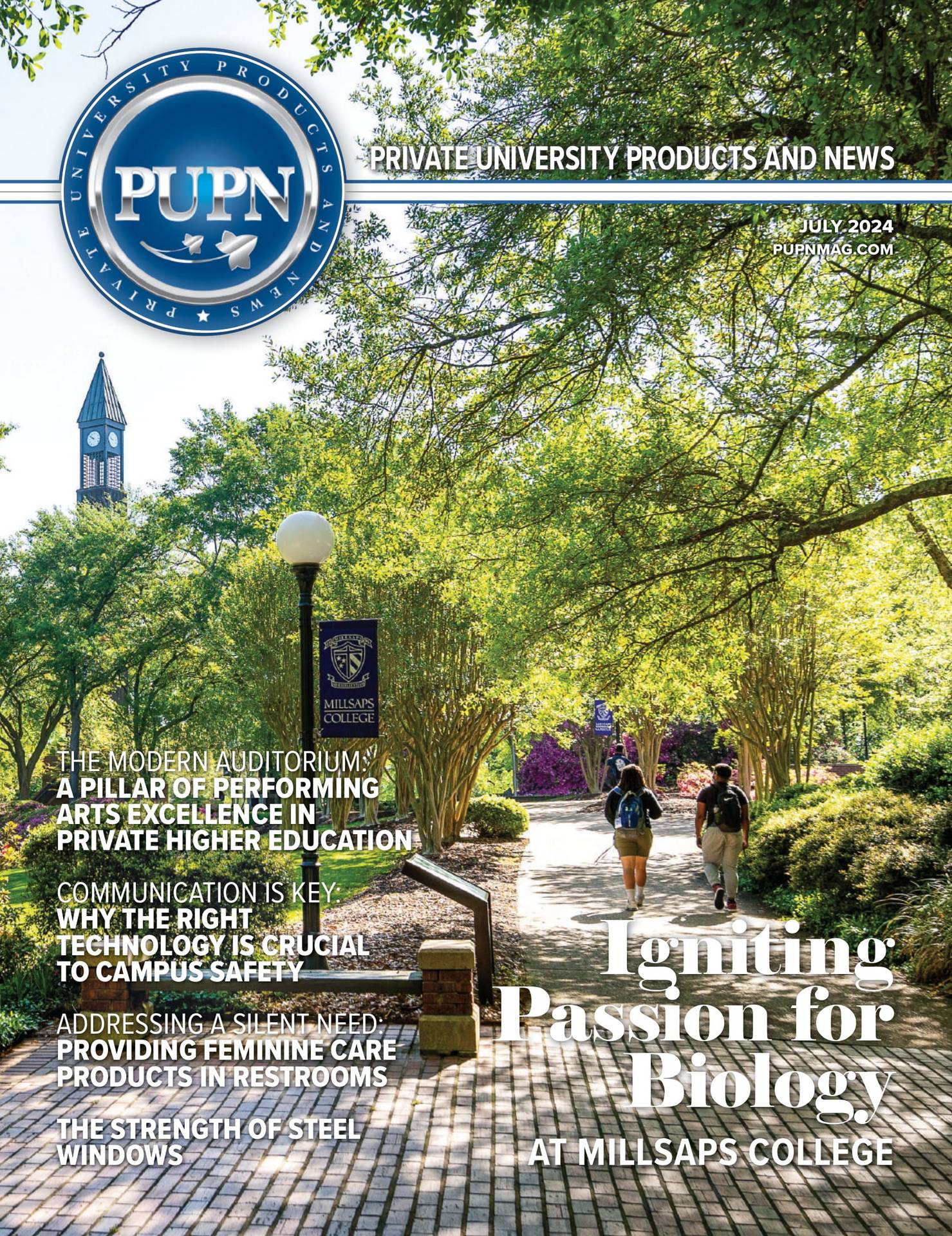Infection Prevention
Mayi is passionate about the prevention of infectious diseases; her motto is SNOTI: “Say No to Infections.” The first goal in dealing with infectious diseases, she says, is to avoid infection wherever possible. For example, to prevent many kinds of infection, including Methicillin-resistant Staphylococcus aureus (MRSA), people need to take basic precautions like making sure their hands are clean. While many types of infections can be cured, the treatments themselves may cause other problems, so it is better to prevent illness whenever possible.
Mayi says that awareness is “half the battle” in dealing with infectious diseases. She points to the sharp reduction in influenza infections since the beginning of the Covid-19 pandemic, due to masking and social distancing, and she sees that other preventable infections such as MRSA could likewise be decreased with more awareness of prevention strategies.
Antimicrobial Stewardship
Along with prevention, Mayi promotes the idea of antimicrobial stewardship through the careful, thoughtful, and restrained use of antibiotics. Such stewardship is urgent because of the increase in drug-resistant strains of infection worldwide. Mayi cautions that people should only use antibiotics for bacterial infections. Further, physicians should prescribe narrow-spectrum antibiotics tailored to the specific bacteria causing infection wherever possible. Commonly used broad-spectrum antibiotics, which take out many kinds of microbes, can be useful, but they also wipe out normal gut flora, so should be used sparingly, Mayi says.
Providing Information to the Public
The Covid-19 pandemic has allowed Mayi to spread her message about infection prevention. This opportunity, says Mayi, has been “rewarding but bittersweet.” While she has been pleased to be able to help during this public emergency, she is keenly aware that Covid-19 is preventable and that both infection and death numbers represent real people whose lives have been changed forever by death or illness, including many instances of long Covid.
Early in the pandemic, Mayi gave a public interview in which she provided scientific evidence about mask efficacy, drawing on the best available research available at the time, which was mostly from South Asia. Similar data was not yet available from researchers in the United States, where few imagined the worst that could happen as the pandemic unfolded in real time. She says that this pandemic has demonstrated the need for a stronger health infrastructure as well as current research data generated in the United States.
In an era in which disinformation and misinformation spread quickly through social media, Mayi also sees a need for scientists to communicate clearly and directly to the public. Traditionally, research scientists have presented their findings at conferences after participating in rigorous peer review processes. Some scientists are beginning to also communicate with people outside of academic circles, Mayi says. She regularly gives interviews in a variety of media outlets to spread infection prevention information regarding subjects such as sepsis, Zika virus, and now Covid-19.
Mayi has brought her expertise to Nova Southeastern’s Covid Task Force, as well. As head of the Task Force, she drew on the expertise of many faculty members across campus, then produced a digest of the information to send the NSU’s president. Dr. Aarti Raja, Associate Professor of Biology at the Nova Southeastern University Halmos College of Arts and Sciences Department of Biology, says that it is gratifying to see that NSU values the medical school expertise available among faculty members and that NSU has listened to the science.
Communicating Ideas to Children and Young Adult Audiences
In order to communicate her ideas to an audience outside of the academy, Mayi published her first children’s book, Mrs. A, in 2016; she knows that the one best way to reach younger audiences is through the use of stories. While Mrs. A highlights the value of mentorship and provides practical information about MRSA, it also provides a model for children to set goals, be kind, and choose the right action even when doing so is difficult.
Judy Dempsey, Principal of the Summit-Questa Montessori School, says that Mayi “nailed” the content and tone needed to engage middle schoolers and that Mayi has an “innate sense of what adolescents are about.” Dempsey had invited Mayi to present early drafts of a few chapters to students at Summit-Questa, and the students loved her presentation and writing. According to Dempsey, students responded to Mayi’s “magical mixture of science and spirit.” Raja’s daughter also read one of the novels and gave comments to Mayi. Raja has been impressed by seeing a fellow scientist try something new in a completely different arena to get important information across to a new audience.
Mrs. A, however, contains a character who is a bully, and Mayi felt the need to redeem the bully; this impetus led to her second book, Something Has to Change. This book addresses gun violence. Mayi feels a particular connection to this issue because her husband’s non-profit sends therapy dogs to Marjory Stoneman Douglas High School, the site of a tragic and horrific mass shooting event in which seventeen people died. Mayi did a great deal of research on mental health to prepare for writing the book. Dr. Scott Poland, a national school violence prevention trainer and first responder, says that the book is ”A timely masterpiece as we all search for solutions to school violence, calling it a “must-read for educators, parents, and students in today’s world.”
Mayi’s third book, Lightning Noah: The Next Superhero, focuses on climate change. The twelve-year-old protagonist—who has the ability to converse with dogs—goes on a mission to avoid the god Thor’s wrath by reducing greenhouse gases through environmental advocacy. The book helps readers understand simple eco-friendly changes that individuals can make to help address climate change. Each time Mayi publishes a new book, Dempsey makes sure to buy copies for the students at her school.
Constant Collaborator
Mayi continually seeks out multiple avenues for research collaboration. As a frequent collaborator of Mayi’s, Raja says that they are both microbiologists by training, and this shared background provides a solid basis for their work together. The two also bring their students together for collaboration; they have organized projects involving Raja’s undergraduate and Mayi’s professional school students. These projects often review current literature on a given topic, with a goal of publication in science education journals. Topics recently explored by the two professors and their students include educating the community about the increase in anti-microbial drug resistance and better anti-microbial stewardship in the era of Covid-19.
Student Mentor
Mayi takes great care to mentor her students. She experienced a lack of academic mentorship that could have smoothed her path, and she hopes to offer her own students the support she wished she had received. Raja notes that the most important responsibility, in Mayi’s eyes, is teaching students. That aspect is one of the things Raja likes best about working with Mayi; she “always has students’ interests at heart” and continually keeps in mind the question of how any action will benefit students; as Raja states, Mayi’s “primary focus is student-centric.”
Mayi enjoys working with students to conduct research and publish the findings. Dempsey affirms that Mayi is exactly the sort of educator one would want influencing students, saying that her “aura is contagious” and she is “an ideal instructor and mentor and a rare human being; it feels good to be around her.” Raja invites Mayi to speak in her undergraduate classes so that students can hear about virology and immunology from a clinician’s perspective. Having experienced the pandemic for the past year and a half, students now understand viscerally that the discipline of virology really matters and applies to everyday life. This widespread awareness of Covid-19, Raja says, has made teaching these subjects easier in the past year; the students now see that “research matters and communication matters.”
Jillian Leibowitz, a fourth-year medical student in Nova Southeastern University’s Dr. Kiran C. Patel College of Osteopathic Medicine, appreciates Mayi’s strengths as a professor and collaborator. Leibowitz reports that all first-year medical students in the college take Mayi’s microbiology class. Even though it is the “toughest class of the toughest year,” Leibowitz says that Mayi makes sure that every one of the 250 students in class understands the material. According to Leibowitz, Mayi clearly wants to help and to guide everyone to succeed; she is a “phenomenal teacher.”
Additionally, Leibowitz and Mayi have collaborated on research and publication. Leibowitz credits Mayi with teaching her to “go beyond boundaries she didn’t think she could surpass” and that Mayi “mentored her to write papers on a higher level.” Their January 2021 article, “The Role of Neuropilin-1 in COVID-19,” published in PLOS, contains exciting findings that could lead to improved prevention and treatment of Covid-19. They have published other papers together and are currently working on another. Leibowitz appreciates the fact that Mayi is willing to work “on a colleague level” with her, and she says that she is a “better student, learner, and researcher” as a result of their collaborations.
Leibowitz is currently applying for emergency room residencies, and she says that her work with Mayi on Covid-19 will be beneficial in E.R. settings. Saying that “her mind works at a higher level,” Leibowitz is grateful for the exceptional opportunity to learn from and work with her.
Embodying Kindness
While stereotypical ideas may portray highly accomplished scientists and academicians as perhaps socially reserved and remote, Mayi disrupts such preconceptions, displaying a kindness and welcoming spirit noted by all who know her. Raja says that Mayi “is a kind, kind soul,” while Dempsey calls attention to Mayi’s “beautiful spirit,” saying that she is “full of love; caring and nurturing.” Leibowitz says that Mayi is not only “fun to work with” but also “soft-spoken and kind-hearted.” This kindness and love show themselves in her everyday actions, from embracing opportunities to collaborate with her colleagues and students to devoting time to write books designed to encourage and influence young people. Mayi is truly a model educator and community member.










